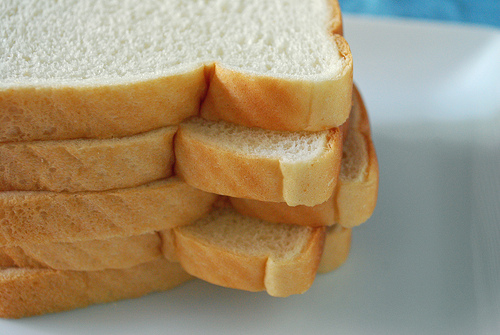
A lot of researchers have been increasingly claiming that carbs are an addictive substance, and although these claims may seem a little wacky or extreme on the face of it, the scientific evidence is mounting.
Respected scientists like Dr. Lustig claim that carbs create a spike in blood sugar that drops several hours later, leaving you crabby and hungry for more. This is the same mechanism that we call "addiction" in something like heroin or meth. And yet, it is still hard for a lot of people to apply that same term to bagels or Snickers bars.
A recent study showed a dramatic difference between fast-metabolizing carbs (like those found in pasta) and slow-metabolizing carbs (like those found in whole grains). In this study, participants drank a milkshake. Half of the milkshakes contained low glycemic index sugars, and half of the milkshakes contained high glycemic index sugars.
The difference in blood sugar reaction was dramatic. People who drank the high GI milkshake experienced a sudden and severe spike in blood sugar which dropped precipitously four hours later. At the time of the drop, researchers found that these participants showed a lot of activity in a small part of the brain responsible for emotions and addiction.
There is a chicken-and-egg question here that this particular study did not address. Does this blood sugar behavior cause the addiction, or does the addiction cause the blood sugar behavior? The endocrine system is complex and easy to throw out of whack with the Standard American Diet.
I have definitely found it to be true that carbs make you hungrier. One of the benefits of a low-carb diet is that your system completely recalibrates to a normal level, with the down side being that simple carbs (like bread and sugar) hit you a lot harder than before. I'm never as hungry as I am about two hours after eating carbs. This is serious stuff, and we're still just fumbling at the beginning stages of understanding our own metabolisms.
Image courtesy Flickr/SliceOfChic

0 comments